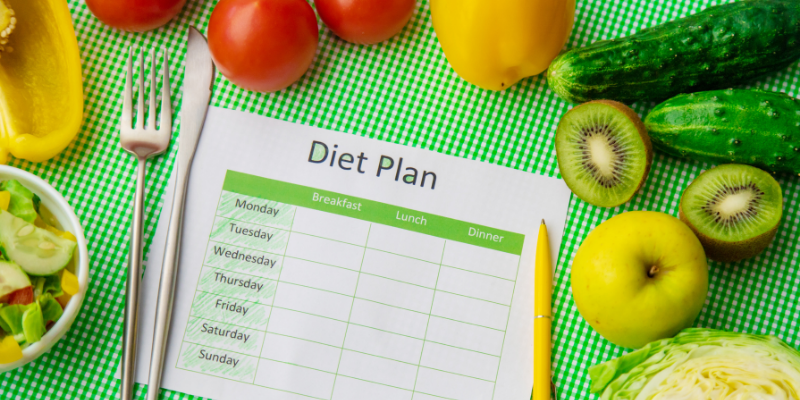To reduce acidity, it is generally recommended to avoid foods that are high in acid, such as citrus fruits, tomatoes, and tomato-based products, as well as foods that are spicy, fried, or fatty. Instead, it is suggested to eat more alkaline foods such as green vegetables, bananas, almonds, and oatmeal. Drinking plenty of water and avoiding caffeine and alcohol can also help to reduce acidity. However, it’s always best to consult with a healthcare professional before making any significant changes to your diet, as everyone’s needs may vary.
10 Foods To Eat In Acidity
• Leafy greens: such as spinach, kale, and Swiss chard, are especially beneficial for those on an acidic diet.
• Bananas : are generally considered to be a neutral food, with a pH level of around 6.5.
• Apples : have a pH range of 3.3 to 4.0, making them slightly acidic.
• Oats : are alkaline and can help to reduce acidity in the body.
• Potatoes : are generally considered to be neutral or slightly alkaline, with a pH rating of 5.2-6.0.
• Almonds : are low in acidity and can help reduce acid reflux symptoms.
• Quinoa : is considered to be a highly alkaline food.
• Yogurt : is known for its slightly tart and acidic flavor, due to its lactic acid content.
• Turmeric : is known to help reduce acidity and aid digestion.
• Chia seeds : are high in fiber, protein, and omega-3 fatty acids and have a low glycemic index, making them a perfect choice for people with acid reflux.
10 Foods To Avoid In Acidity :
• Citrus fruits : such as lemons, limes, and oranges, are all high
• Tomatoes : can be balanced by adding sugar, honey, or other sweeteners.
• Processed foods : such as canned soups, frozen dinners, and packaged snacks often contain high levels of sodium, sugar, and saturated fat.
• Spicy foods : can also cause discomfort, as they can irritate the lining of the stomach and cause acid reflux.
• Caffeinated beverages : such as coffee, tea, and sodas can increase stomach acidity and aggravate symptoms of acid reflux and heartburn.
• Alcohol : Alcohol can increase the acidity of a solution, as it acts as a Bronsted-Lowry acid by donating a proton to water molecules to form hydronium ions.
• Fried foods : should be avoided as they can increase the body’s acidity levels and lead to digestive issues.
• Refined carbohydrates : include white flour, white sugar, and white rice, which can cause an increase in blood sugar levels and can lead to weight gain and other health issues.
• Dairy products : such as yogurt, sour cream, and cheese.
• Artificial sweeteners : can increase the acidity of the beverage, which can lead to digestive issues.




